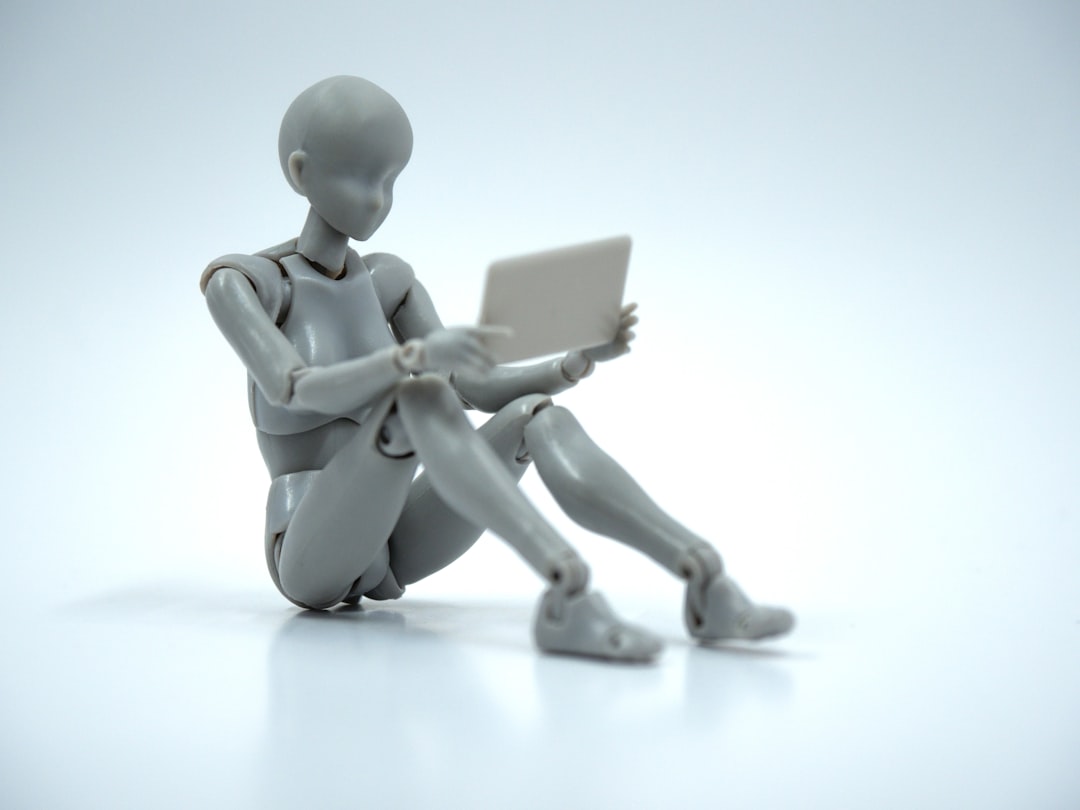What AI tools are used in HR?
Artificial Intelligence (AI) has significantly transformed the human resources (HR) industry, revolutionizing how companies manage talent, analyze employee data, and streamline hiring processes. Through automation and predictive analytics, AI tools allow HR departments to operate with greater precision, speed, and cost-effectiveness. From recruitment to employee engagement and workforce planning, AI is becoming an indispensable ally in modern HR management.

The Key AI Tools Used in HR
Various AI-powered solutions are reshaping people management. Below are some of the most commonly used types of AI tools in HR today:
1. AI in Recruitment and Talent Acquisition
Recruiting has seen one of the most dramatic changes courtesy of AI. Tools in this category assist with scanning resumes, identifying qualified candidates, and even conducting initial interviews.
- Applicant Tracking Systems (ATS) with AI: Many ATS platforms, such as Greenhouse and Lever, now incorporate AI to scan resumes quickly and match candidates to job descriptions more effectively than traditional methods.
- Chatbots: AI-driven chatbots like Mya or Olivia engage with candidates in real time, scheduling interviews, clarifying job roles, and answering FAQs.
- Video Interview Tools: Platforms such as HireVue use AI to analyze facial expressions, speech patterns, and tone in video interviews to assess candidate suitability.
2. AI for Employee Onboarding
AI tools assist in automating and personalizing the onboarding experience. Digital assistants ensure that new hires have a smoother transition into their roles.
- Digital Onboarding Assistants: Solutions like Talmundo and Enboarder use AI to create tailored onboarding programs and monitor progress.
3. AI in Employee Engagement and Retention
AI applications can monitor employee sentiment and provide real-time feedback, which is crucial for maintaining a healthy work culture and retaining talent.
- Sentiment Analysis Tools: Tools like Glint and Culture Amp use natural language processing (NLP) to analyze written feedback from employees to detect mood, satisfaction, and concerns.
- Predictive Analytics: AI platforms can forecast employee attrition by examining patterns in absenteeism, engagement levels, and performance metrics.
4. AI-Powered Learning and Development Platforms
Customized training programs created using AI help employees acquire skills relevant to their career paths.
- Personalized Learning Systems: Tools like LinkedIn Learning and Coursera use AI to recommend training modules based on job roles, performance, and interests.

5. Workforce Planning and Decision-Making
With AI-based data analysis, HR leaders gain better insights into workforce trends and can make informed decisions for future planning.
- HR Analytics Platforms: Tools such as Visier and SAP SuccessFactors aggregate and analyze workforce data to support strategic planning and forecasting.
6. Compliance and Risk Management
AI tools help ensure companies remain compliant with labor laws by monitoring HR operations and flagging possible risks.
- Automated Compliance Checks: AI algorithms monitor for policy violations and help HR remain compliant with regional and global labor legislations.
Benefits of Using AI in HR
Implementing AI in HR brings a multitude of benefits, including:
- Improved hiring accuracy
- Reduced time to hire
- Lower attrition rates
- Enhanced employee experience
- Data-backed strategic decisions
Challenges and Considerations
Despite its potential, AI adoption in HR is not without challenges. Transparency, data privacy, and potential biases in AI algorithms are significant concerns. Organizations must ensure ethical AI practices by being transparent in how AI is used and maintaining human oversight in critical decisions.
FAQ
- Q: Are AI tools replacing HR professionals?
A: No. AI tools support HR professionals by handling repetitive tasks and offering insights, but strategic and personal aspects of HR still require human judgment. - Q: Is AI in HR expensive to implement?
A: Costs vary depending on the tool and size of the organization. However, many AI solutions offer scalable pricing to accommodate different budgets. - Q: How can AI tools help reduce bias in hiring?
A: When trained correctly, AI algorithms focus on skills and experience rather than demographic factors, thus promoting fairer evaluation criteria—although continual monitoring is necessary to avoid unintended bias. - Q: What’s the future of AI in HR?
A: The future suggests deeper integration of AI, including advanced decision-making tools, predictive modeling, and more personalized employee development plans.
In summary, AI is reshaping HR management by improving efficiency and enabling data-driven decision-making. While it’s not a replacement for human expertise, AI is a valuable tool that empowers HR teams to focus on what truly matters — their people.
Where Should We Send
Your WordPress Deals & Discounts?
Subscribe to Our Newsletter and Get Your First Deal Delivered Instant to Your Email Inbox.



